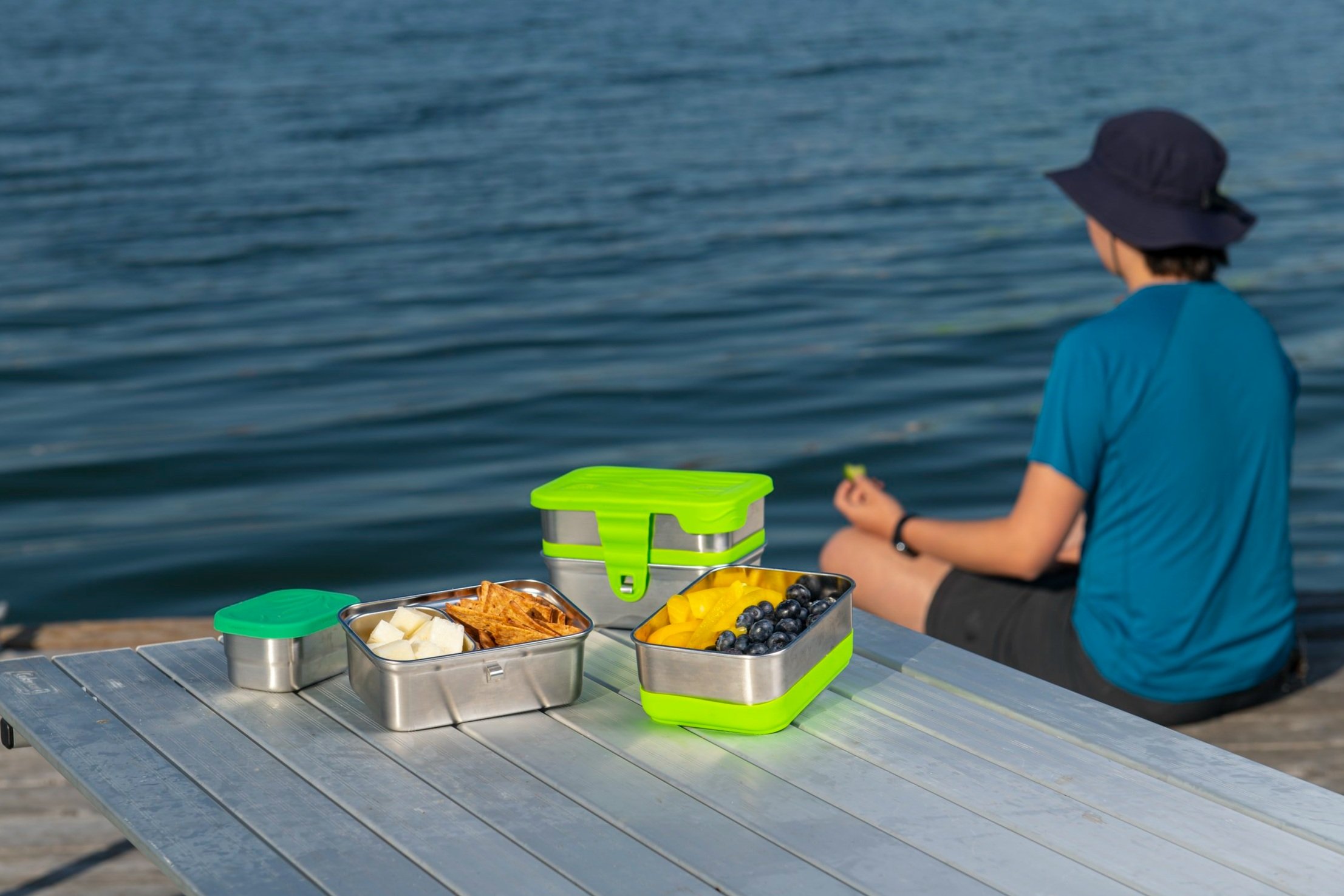What is Product Stewardship?
Product stewardship is about the right people taking responsibility for the products we see available on the market, and hopefully engaging in a bit of future-proofing for forthcoming generations. It involves redesigning the product supply chain to ensure we are not doing unnecessary and preventable damage. Product stewardship means regulation in order to increase circular resource use and shift the responsibility for managing products onto the producers, importers and retailers; this involves taking responsibility for the items when they have come to the end of their life-span and thinking about the potential impacts these products have on our communities and Papatūānuku.
It is really important that we become aware of how much waste we produce on a systemic level. We hope to see society transition away from a time when the responsibility of figuring this stuff out falls on individual consumers, communities, councils and neighbourhoods. At Res.Awesome we believe manufacturers of products should be held accountable for the effect their products have on our planet and our people - it’s pretty simple!
We even hope to go a little further and begin to transition to a zero-waste methodology, which will see us completely rethink our relationship with our favourite products; ensuring every stage of production, consumption and disposal is mindful of the zero waste hierarchy
In July 2020, the Government announced six products to be declared ‘priority products’ for the establishment of regulated product stewardship schemes under the Waste Minimisation Act 2008.
The products are:
plastic packaging
tyres
electrical and electronic products (e-waste including large batteries)
agrichemicals and their containers
refrigerants
farm plastics
This is a great start!
Check out some awesome schemes that are already up and running below.
We believe for these recovery and reuse schemes to get as much momentum as possible, the government needs to put their money where its mouth is and financially incentivise these schemes, to ensure they work!
It is important that any steps our governing bodies take from here are about redesigning our systems so that there is no waste being produced. Our systems (for all products) should be circular, regenerative and good for our communities by design. Proper resource recovery and onshore recycling should be prioritised where possible and this should not be at the expense of the consumer. The Government began a public consultation of the design of a Container Reuse Scheme on the 13th of March and these are due by May 8th. You can quick submit by adding your name to the Kiwi Bottle Drive submission here. The team at Res.Awesome are excited about this but cannot stress enough, that whatever scheme we choose it MUST be the right one. Have your say and make a submission here.
We are currently waiting for our friends at the Zero Waste Network Aotearoa, The Rubbish trip etc to finish their submission template and will share it when they are done, look out for this on our socials before the 8th May.
Under the Waste Minimisation Act, there are a range of regulatory powers that may be placed on products. Products do not have to be officially declared a ‘priority product’ for this to happen. Some of the regulatory powers the government could exercise are as follows:
Control or prohibition of disposal.
Control or prohibition of manufacture or sale of products that contain specified materials (Used for plastic microbeads in 2017 and for single-use plastic shopping bags in 2018 (* FYI: we did not ban the plastic shopping bag, we replaced it with polyester reusable bags which turn into fine plastic dust and leach microfibres if washed and paper bags that use many natural resources to create, please reuse washable cloth bags instead <3).
Required take-back services for products.
Fees payable for the management of a product, who must pay when and what the fees will be used for.
Required deposit on the sale of a product, and requirements for its refund and use.
Requirements for labelling of a product.
Standards to be met when reusing, recycling, or recovering a product or material, and who is required to enforce them.
Required collection of information and reporting for certain regulations
A zero-waste lifestyle and future are what the team at Res.Awesome are chasing. We believe there are so many household items and products that could be addressed under the Waste Minimisation Act. It is time corporations and big businesses start taking responsibility for their actions. While a zero-waste future is possible, it requires action on all levels - especially at the top! We want to see systems being redesigned and improved upon, so our demand and supply chains prioritise the footprint they leave behind. Regenerative life cycles win every time in the natural world and we believe this is the way all people on earth should be living.
Let us know if you can think of any products that need a closer inspection when it comes to minimising waste, as always we love to hear from our Res.Awesome followers!
xx




